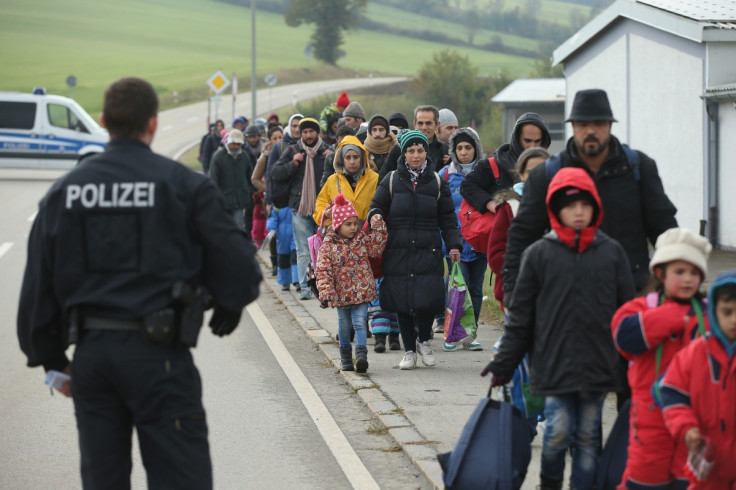Migrant crisis: Germany should offer part-time low-paid jobs to refugees says Airbus boss Tom Enders

Germany should deregulate its labour market and create more lower-paid jobs to help refugees find work, the head of European airplane maker Airbus (AIR.PA) said. Europe's largest economy, Germany anticipates more than 800,000 migrants to arrive this year, and some politicians and experts have warned the influx could step up unemployment. They are expected to make up 1% of the population.
"We must have the courage for deregulation in the way that so far we know from the United States," Tom Enders, a German, wrote in a guest article for the Sueddeutsche newspaper published on Monday (26 October). "That seems hard to imagine. But there, you see a successful integration of migrants who are allowed to work soon after they arrive."
Part-time work and low-paid jobs
Enders called on Germany to make exceptions for the minimum wage and for greater flexibility with short-term contracts. "Hundreds of thousands of young people in the refugees centres should not be condemned to sitting around and doing nothing. They will only find an entry into the labour market if we open it up and make it flexible," he wrote.
Enders insisted that "if the threshold for entry into the labour market is too high, the integration of immigrants in society will fail. It is better to enter the labour market with mini-jobs or low-paid jobs than not at all and to be condemned to social security, doing nothing and frustration."
German industry has so far always insisted the arrival of a million refugees or more could be positive, given the country's rapidly ageing population and the ever-growing shortage of qualified labour.
On Sunday, the heads of 11 EU states and three non-EU countries endorsed new measures at an emergency summit in Brussels after they agreed to provide another 100,000 spaces in refugee welcome centres along the route from Greece towards Germany.
© Copyright IBTimes 2024. All rights reserved.







